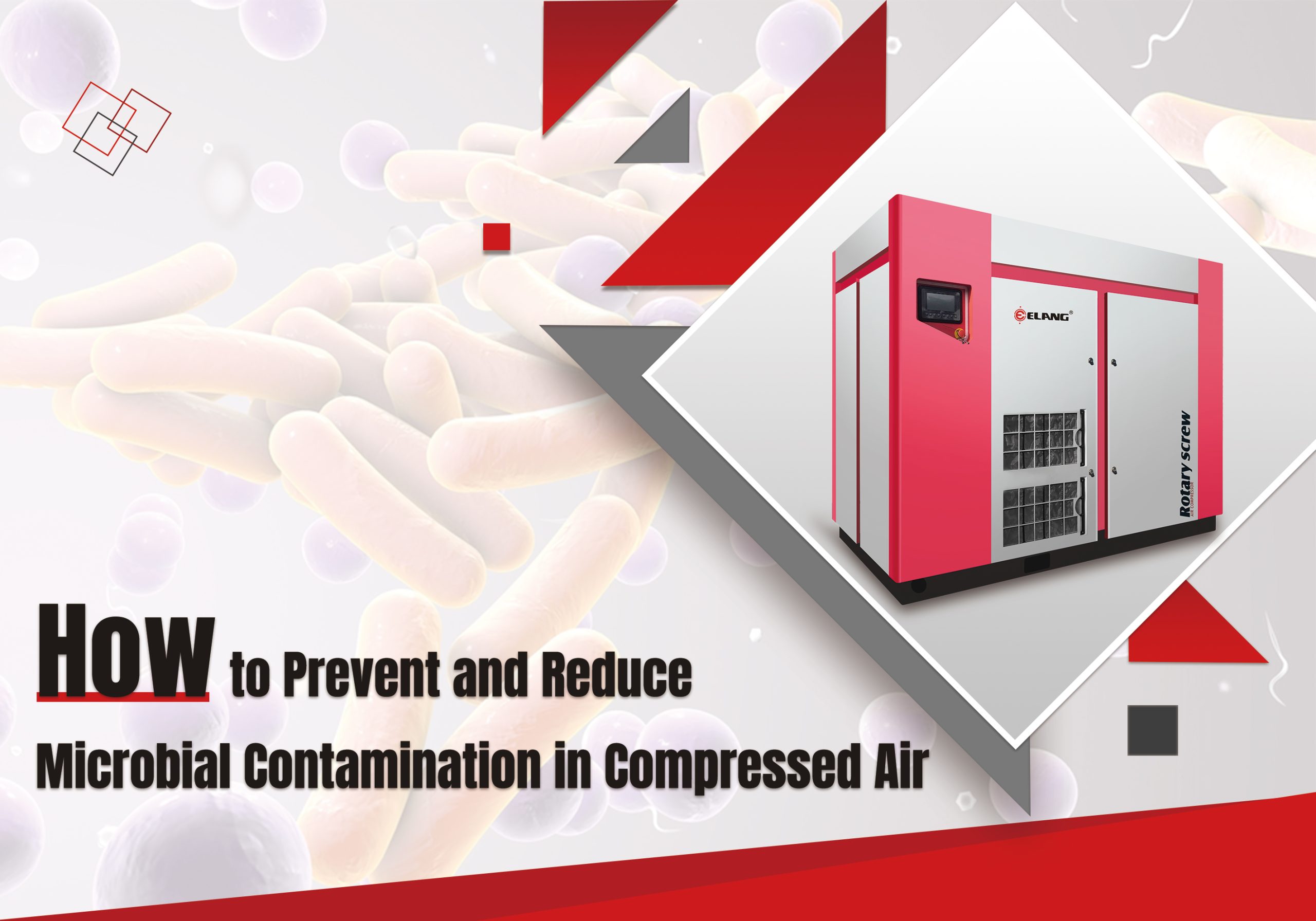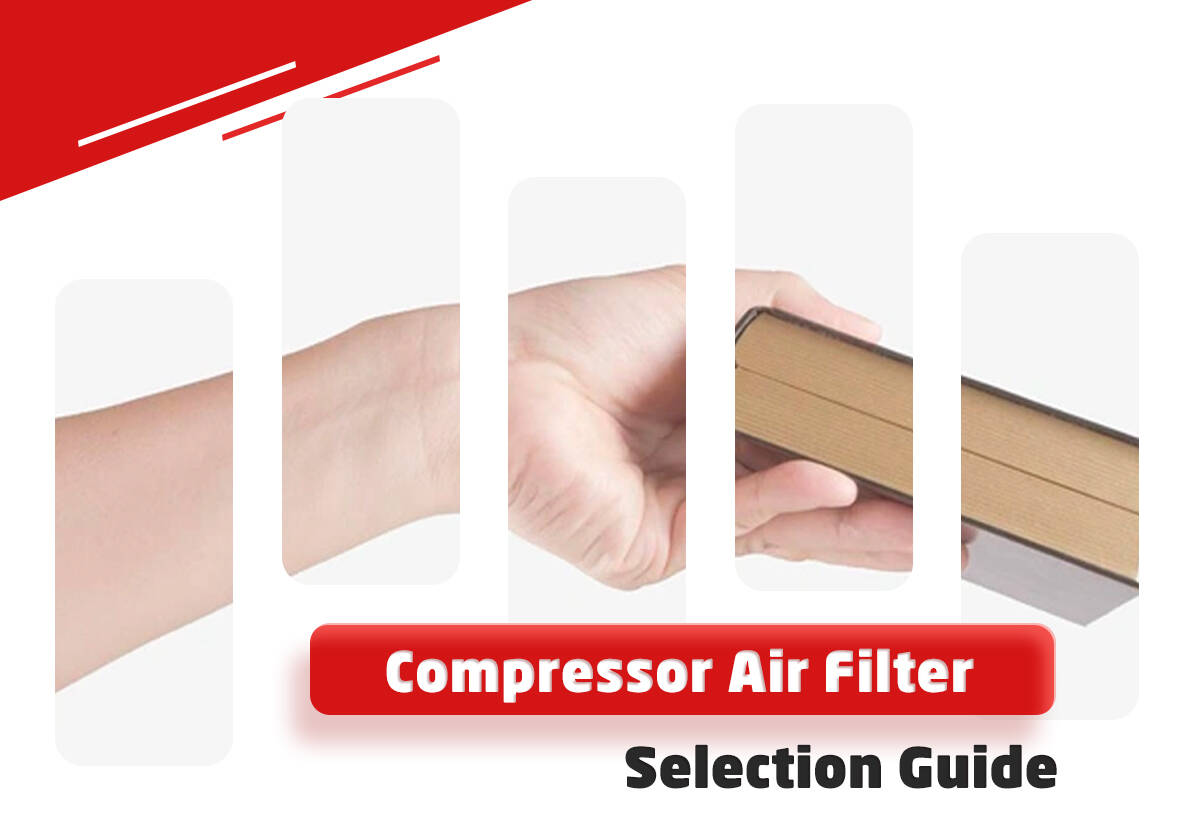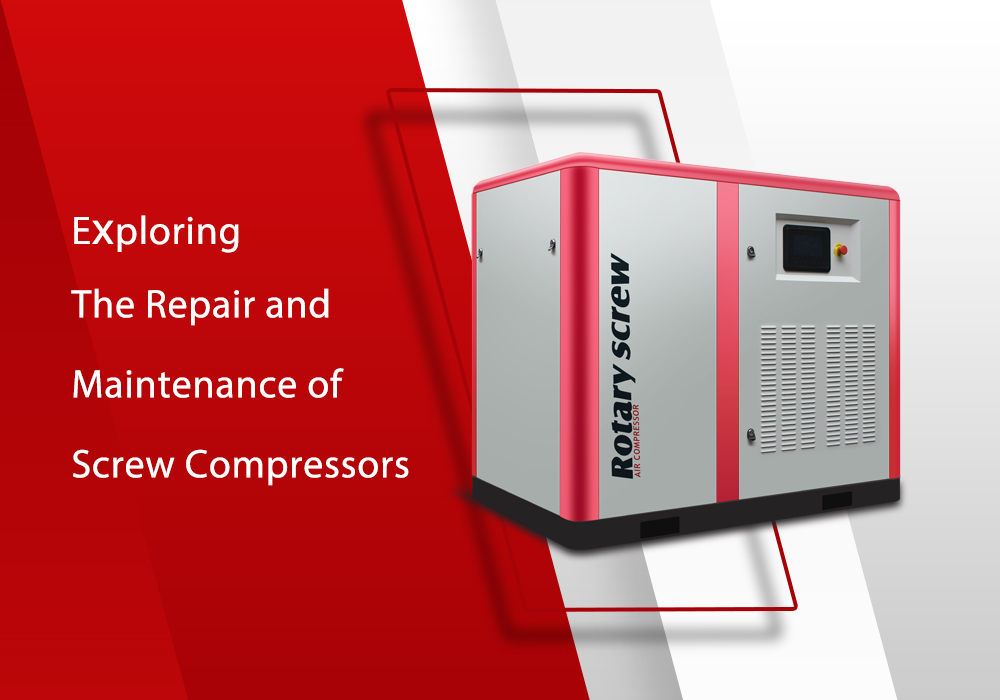
Compressed air is an essential component in many industrial applications. However, microbial contamination in compressed air, including bacteria, fungi, viruses, and algae, can adversely affect industrial processes and product quality.
In addition, some industries, such as medical and food processing, have strict requirements on the purity of compressed air. Therefore, preventing and reducing microbial contamination in compressed air is of paramount importance.
To ensure the purity of compressed air, it is necessary to start from the source. The air inlet of the air compressor should be as far away as possible from places that may contain microorganisms, such as sewage treatment facilities or garbage dumps. In addition, the intake filter element should be replaced or cleaned regularly to reduce the entry of microorganisms.
The cooling and storage system of compressed air are also crucial. During the cooling and storage process of compressed air, water vapor can condense into liquid water, providing a moist environment conducive to microbial growth. Therefore, regularly discharging condensate from the air tank, and installing and maintaining air dryers, can help control the proliferation of microorganisms.
In some applications where extremely high air purity is required, the use of air filters and ultraviolet (UV) sterilization devices might be necessary. These devices can effectively remove microorganisms from compressed air, but they also regular maintenance and replacement to ensure their performance.
Precision filter is a very effective tool for removing microorganisms in compressed air. This filter has a very high filtration rating, which can capture and remove microbes and other tiny particles.
This filter uses physical filtration to intercept and absorb microorganisms. When the compressed air passes through the precision filter, microorganisms and other particles will be blocked by the filter medium, thereby realizing the purification of the compressed air. It should be noted that in order to maintain the filtering effect, the precision filter needs to be cleaned or replaced regularly.
Using oil-free compressed air technology is also an effective method for reducing microbial contamination. Oil can potentially provide nutrients for microorganisms, thereby promoting their growth. Oil-free air compressors do not use lubricating oil, thus reducing the risk of microbial contamination.
In some cases, it may be necessary to use other equipment or technologies, such as air dryers, adsorption dryers, sterilizers, etc., to further improve the quality of compressed air. For industries with specific requirements such as the food and medical industries, the use of oil-free air compressors might be essential to ensure the absolute cleanliness of compressed air.
Preventing and reducing microbial contamination in compressed air requires multifaceted approaches, including source control, cooling and storage, filtration and sterilization, as well as oil-free compression. In practical applications, the selection of appropriate methods and equipment should be based on specific needs and conditions.
To reduce microbial contamination in compressed air, it is recommended to use oil-free air compressors.









-66x66.png)



